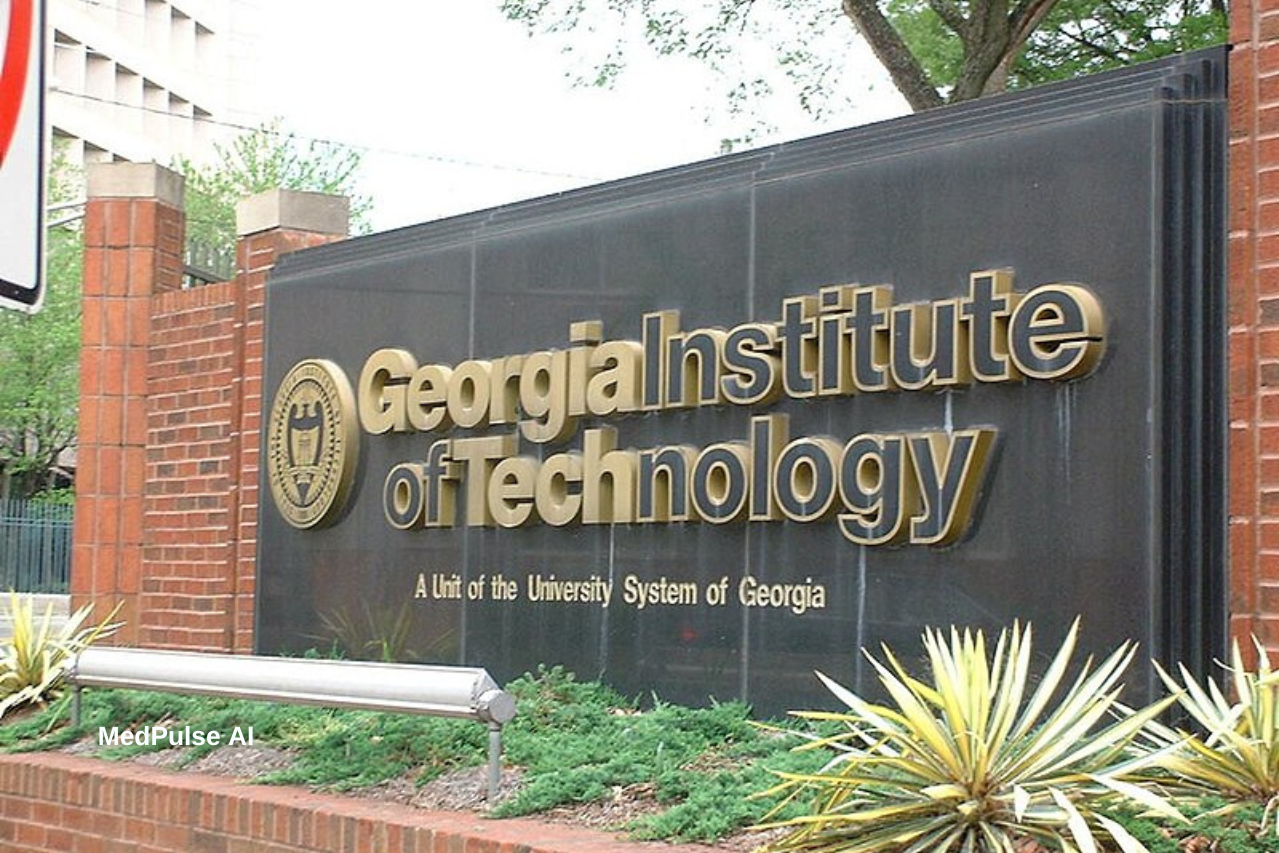Artificial Intelligence is no longer confined to research labs or hypothetical futures—it’s actively reshaping industries, transforming healthcare, and redefining how we live and work. But how do we ensure the technology developed in academic settings reaches the people and sectors who need it most? That’s exactly the challenge Georgia Tech is tackling with the launch of Tech AI, a bold initiative announced at its inaugural Tech AI Fest 2025.
Georgia Tech’s Tech AI isn’t just another academic program—it’s a strategic push to accelerate the real-world impact of AI. As AI systems grow more powerful and prevalent, the need to responsibly integrate them into critical sectors like healthcare, transportation, energy, and manufacturing becomes urgent.
Too often, AI research stays locked behind institutional walls or fails to scale. Tech AI’s mission is to break that barrier. The program is designed to translate AI discoveries into deployable solutions—from helping hospitals optimize patient care to improving supply chain efficiencies and energy systems.
What sets Tech AI apart is its structure around four key pillars:
- Applied Research: Instead of focusing solely on theoretical exploration, Tech AI encourages research with direct paths to application—developing tools and models that solve real-world problems.
- AI Engineering: Building robust, scalable systems isn’t easy. Tech AI supports engineering practices that turn promising algorithms into dependable products and platforms.
- Industry Partnerships: From health systems to logistics companies, Tech AI links researchers with private and public organizations to co-create AI solutions.
- Workforce Development: With the AI talent gap widening, Georgia Tech is committing to advanced education and training programs to equip the next generation of AI professionals.
This approach is timely. According to the World Economic Forum, by 2025, AI will create 97 million new roles, while transforming or eliminating many others. Georgia Tech aims to be a leader in preparing workers not only to keep pace with these changes but to lead them.
For the healthcare sector in particular, the potential of Tech AI is transformative. Consider the ongoing development of AI systems to assist in clinical decision-making, detect anomalies in medical imaging, or manage hospital operations more efficiently.
Programs like Tech AI create the infrastructure and support necessary to move such tools from pilot studies into hospital workflows. And with patient safety and responsible AI as core values, the initiative ensures that ethics and transparency guide every deployment.
Held March 26–28 at the Historic Academy of Medicine, Tech AI Fest 2025 wasn’t just a launch party—it was a convergence of visionaries. Featuring student showcases, hands-on demos, and panels from industry, government, and academic leaders, the event highlighted not just what’s possible, but what’s already underway.
Georgia Tech’s position as a top-tier technological university gives Tech AI an edge. But more importantly, its willingness to collaborate—with industries, policymakers, educators, and communities—positions it as a national hub for AI innovation and integration.
In a world eager for responsible AI solutions, Tech AI is a refreshing model of how academic institutions can lead with impact. It’s not just about building smarter algorithms; it’s about building smarter systems for people, society, and our shared future.
As other universities and governments look to bridge the research-to-reality gap, Georgia Tech’s Tech AI might just be the blueprint they need.




